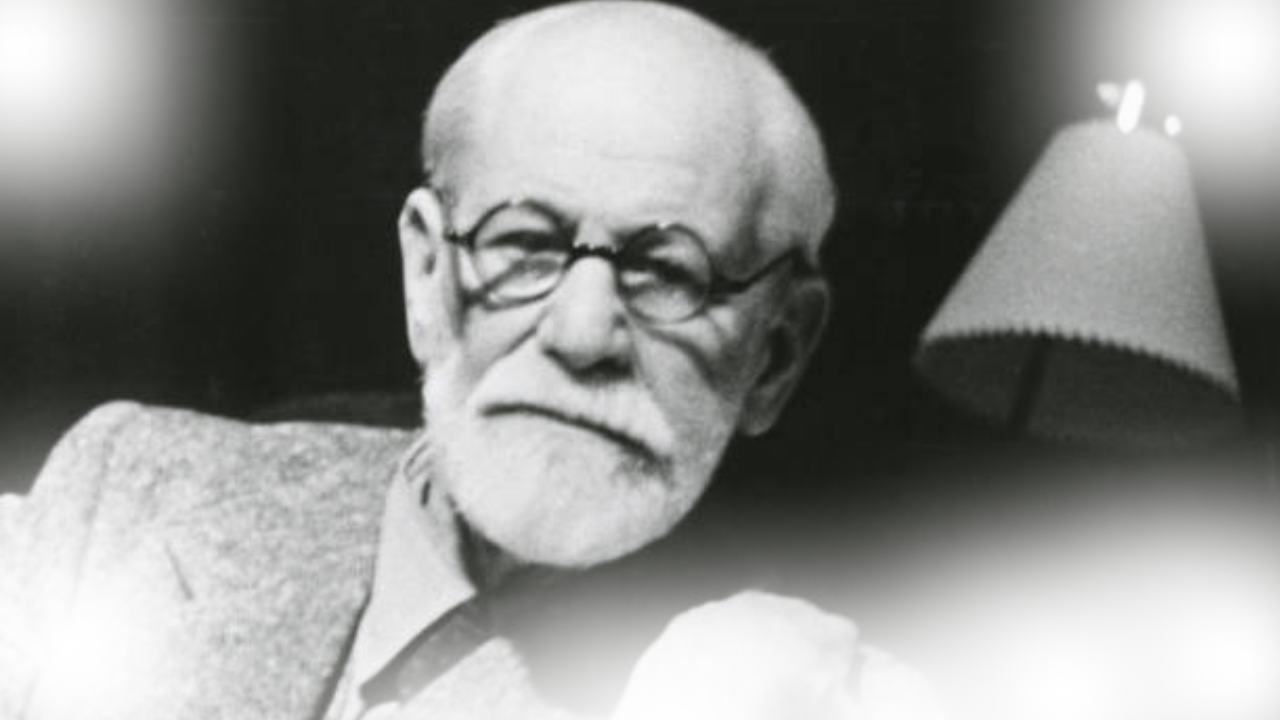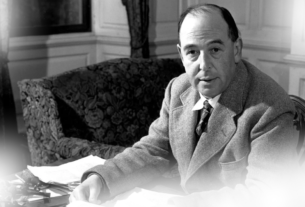Sigmund Freud was an Austrian neurologist and the founder of psychoanalysis, a revolutionary approach to understanding the human mind and treating mental illness. His theories on the unconscious mind, dreams, sexuality, and the structure of the psyche have shaped modern psychology, psychiatry, and even art and literature. While controversial, Freud’s legacy as a thinker and trailblazer remains unmatched in the history of psychology.
Early Life and Education
Sigmund Freud was born on May 6, 1856, in Freiberg, Moravia (now Příbor, Czech Republic), then part of the Austrian Empire. He was the first of eight children born to Jakob Freud, a wool merchant, and Amalia Nathanson Freud. His family was Jewish, and although they were not religiously observant, Freud’s Jewish identity would play a significant role in his personal and professional life, particularly in later years.
Freud was an exceptionally bright child and fluent in several languages, including German, French, Italian, Spanish, English, Hebrew, Greek, and Latin. In 1860, the Freud family moved to Vienna, Austria, where Freud would spend most of his life.
In 1873, Freud enrolled at the University of Vienna, studying medicine. He initially focused on biology and worked in the lab of physiologist Ernst Brücke, where he gained a deep interest in the physical mechanisms behind human behavior. He received his medical degree in 1881 and began working at the Vienna General Hospital.
Medical Career and Development of Psychoanalysis
Freud began his clinical career with a focus on neurology, treating patients with various brain disorders. In the late 1880s, his interest turned toward mental illness—especially cases that did not appear to have a physical cause.
His pivotal transformation began after he traveled to Paris in 1885 to study with Jean-Martin Charcot, a leading neurologist known for his work with hysteria and hypnosis. Freud became fascinated by Charcot’s methods, especially the use of hypnosis to uncover unconscious memories.
By the early 1890s, Freud had collaborated with Josef Breuer, and together they developed the “talking cure”, which later evolved into psychoanalysis. Their joint publication, Studies on Hysteria (1895), laid the foundation for many of Freud’s theories.
Major Theories and Concepts
Freud’s work is complex, but several key ideas form the core of his contributions:
1. The Unconscious Mind
Freud believed that much of human behavior is driven by unconscious motives, desires, and conflicts, often rooted in childhood experiences.
2. The Structure of the Psyche
He proposed a three-part model of the mind:
- Id – the primal, instinctual part of the mind (pleasure principle)
- Ego – the rational, decision-making component (reality principle)
- Superego – the moral conscience
3. Psychosexual Stages of Development
Freud argued that childhood development occurs in stages (oral, anal, phallic, latency, and genital), and that unresolved conflicts at any stage could lead to neurosis.
4. Oedipus Complex
This controversial theory suggests a child experiences unconscious sexual desire for the opposite-sex parent and jealousy toward the same-sex parent, particularly during the phallic stage.
5. Defense Mechanisms
Freud introduced the idea that the ego uses defense mechanisms (like repression, denial, and projection) to protect the individual from anxiety and inner conflict.
6. Dream Analysis
In his book The Interpretation of Dreams (1899), Freud introduced the concept that dreams are a manifestation of repressed desires and the “royal road” to the unconscious.
Writings and Influence
Freud was a prolific writer, and his key works include:
- The Interpretation of Dreams (1899)
- Three Essays on the Theory of Sexuality (1905)
- Beyond the Pleasure Principle (1920)
- The Ego and the Id (1923)
- Civilization and Its Discontents (1930)
- Moses and Monotheism (1939)
His writings influenced psychology, philosophy, art, literature, and popular culture. Despite critiques and evolving understandings in psychology, Freud’s legacy endures.
Personal Life
Freud married Martha Bernays in 1886, and they had six children, one of whom, Anna Freud, became a pioneering psychoanalyst in her own right. Freud was known for his intense work ethic and daily routine, which included writing, treating patients, and studying.
He was also an enthusiastic user of cocaine in the 1880s, which he initially believed had therapeutic effects. While he later recognized its dangers, it remains a controversial part of his history.
Freud was also known for his love of cigars, and he reportedly smoked 20 or more per day.
Exile and Death
Freud’s Jewish heritage made him a target during the rise of Nazi Germany. After Austria was annexed by the Nazis in 1938 (Anschluss), Freud’s home and bank accounts were seized. Under pressure, and with help from influential supporters like Marie Bonaparte and Ernest Jones, Freud was allowed to leave for London.
He moved to Hampstead, London, with his family in June 1938. By this time, Freud was suffering from oral cancer, a result of his lifelong cigar smoking. He underwent more than 30 operations and experienced intense pain in his final years.
Freud died in London on September 23, 1939, at the age of 83, after requesting a physician-assisted morphine overdose to end his suffering.
Age at Death
- Date of Birth: May 6, 1856
- Date of Death: September 23, 1939
- Age at Death: 83 years old
Estimated Net Worth
Freud was well-off, especially during the peak of his career in Vienna. He earned money through private practice, book royalties, and speaking engagements. However, he lived during a time of political instability and faced severe financial setbacks due to the Nazi occupation.
Much of Freud’s wealth was lost or confiscated during the Nazi era, though he managed to leave Austria with some assets intact. Adjusted for modern standards, it’s estimated that:
- Net Worth at the time of death (modern equivalent): Approximately $2–5 million USD
His intellectual estate, especially through posthumous publications and licensing, has generated significant value over the decades, though most of it has benefited academic institutions and his descendants (notably Anna Freud and foundations in his name).
Legacy and Influence
Freud remains one of the most influential and controversial figures in the history of psychology. Though many of his theories are no longer accepted in mainstream clinical psychology, his influence is profound and enduring:
1. Psychoanalysis
Freud founded the first formal school of psychotherapy. Psychoanalysis inspired later forms of therapy and laid the groundwork for modern talk therapy.
2. Influence on Literature and Culture
Freud’s ideas deeply influenced modern art, literature, film, and criticism. Writers like James Joyce, Virginia Woolf, and Salvador Dalí were inspired by Freud’s focus on dreams and the unconscious.
3. Freudian Terminology
Terms such as “Freudian slip,” “Oedipus complex,” “ego,” and “repression” have become part of everyday language.
4. Institutions and Memorials
- The Freud Museum in London, his last residence, is open to the public.
- His works are studied in universities around the world, not only in psychology departments but also in philosophy, literature, and cultural studies.
Criticism and Controversy
Freud’s theories have been widely debated, and many have been challenged or discredited by modern science. Common criticisms include:
- Lack of empirical evidence
- Overemphasis on sexuality
- Gender bias and outdated views on women
- Overgeneralization from limited case studies
Despite this, even critics acknowledge that Freud transformed how we think about the mind, identity, and personal development.
Conclusion
Sigmund Freud was not just a psychologist—he was a visionary who reshaped the human understanding of the self. His theories of the unconscious, defense mechanisms, and dream symbolism have changed the way we view behavior, therapy, and even art.
While his scientific rigor is debated, his cultural and intellectual impact is indisputable. Freud opened the door to a deeper, more nuanced exploration of the human psyche, leaving a legacy that continues to provoke thought, debate, and inspiration more than 80 years after his death.



